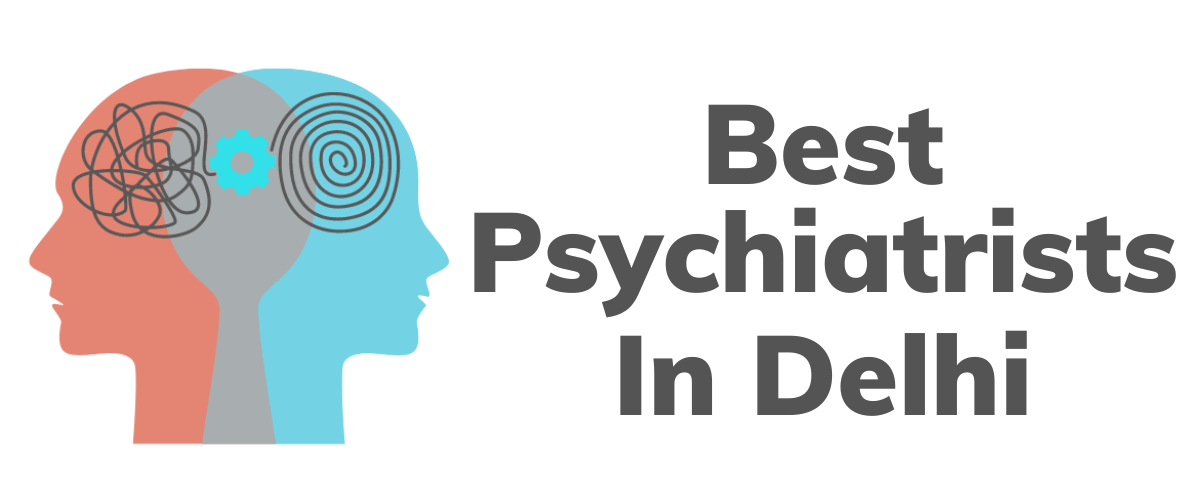What Is OCD?
What Is OCD?
Repetitive, uncontrollable urges to act on particular thoughts or feelings (compulsions) are hallmarks of the mental illness known as obsessive-compulsive disorder (OCD). Certain individuals frequently suffer from both obsessions and compulsions.
Nail biting and negative outlooks are not typical of obsessive-compulsive disorder. A compulsive habit would be, for example, to wash your hands repeatedly after touching anything you suspect might be dirty, whereas an obsession would be the belief that certain numbers or colors are inherently “good” or “bad.” You know you shouldn’t be thinking or behaving this way, yet you can’t seem to help yourself.
It’s human nature to fall into ruts every now and again. Some symptoms or actions of OCD include:
- Cause you problems in your personal life, professional life, or other areas of your life
- At a minimum, one hour every day
- Don’t have any appeal
- Are beyond your ability to influence
Also Read:
Disorders of Fixation and Obsession
Many people with OCD are able to see the humorless nature of their obsessions. They engage in these behaviors not because they enjoy them but because they feel unable to stop. They feel terrible if they give up and start again.
Repetitive thoughts could center on:
Anxiety about causing harm to oneself or others
Constantly focusing one’s awareness on one’s own bodily sensations, such as one’s own breathing, one’s own blinking, or
Relationship infidelity suspicions with insufficient proof to pursue further
The following are examples of compulsions:
Performing tasks in a specific sequence or a required number of “excellent” repetitions
Measurement and quantification by counting
Reluctance to shake people’s hands, use public facilities or touch unfamiliar objects.
OCD Subtypes and Symptoms
Although there is much variation among OCD cases, the majority can be classified into one of four basic categories:
- Checking things like locks, alarm systems, ovens, and light switches while pregnant or having schizophrenia
- Problems with contamination, squeamishness, or a pressing need to clean. Being treated rudely can cause mental contamination.
- The need for things to be arranged in a particular way (order and symmetry)
- Preoccupation with one concept and intrusive thoughts. Some of these concepts may be disturbing or even violent.
OCD Diagnosis
Your doctor may order a physical exam and blood work to rule out other potential causes of your symptoms. They will talk to you about how you feel, what you think, and what you do on a daily basis.
Factors that May Increase the Chance of Developing OCD
Some patients with OCD have no clear cause, and doctors don’t know why. Some symptoms could be made worse by stress.
Slightly more women than men are affected by it. Symptoms are common in adolescents and young adults.
Components of risk for OCD include:
Obsessive-Compulsive Disorder in a Relative
Distinct regional brains show physical variance
Insomnia, irritability, or melancholy
Trauma awareness
abuse, either physical or sexual, in the past
In rare cases, a streptococcal infection can cause obsessive-compulsive disorder in a child. Streptococcal infections are linked to PANDAS or pediatric autoimmune neuropsychiatric diseases.
OCD Counseling
Lack of control disorder (OCD) cannot be treated. Medication, counseling, or a combination of the two may help you manage your symptoms to the point where they no longer disrupt your daily life.
Methods of Treatment
Psychological treatments like cognitive behavioral therapy can alter one’s way of thinking. In exposure and response prevention, your doctor will purposefully expose you to situations that will cause you to feel anxious or bring on your compulsions. You’ll learn to lessen and eventually eliminate your OCD symptoms.
Anxious OCD symptoms can be reduced with the help of relaxation techniques like yoga, massage, and meditation.
Many patients find that the psychiatric drugs known as selective serotonin reuptake inhibitors are helpful in controlling their obsessive and compulsive behaviors. Two to four months may be required before operations can begin. Examples of widely used antidepressants include the SSRIs escitalopram (Lexapro), citalopram (Celexa), clomipramine (Anafranil), fluvoxamine (Prozac), paroxetine (Paxil), and sertraline (Zoloft). If your symptoms persist, your doctor may prescribe an antipsychotic medicine like aripiprazole (Abilify) or risperidone (Risperdal).
